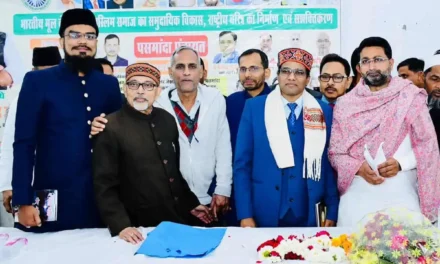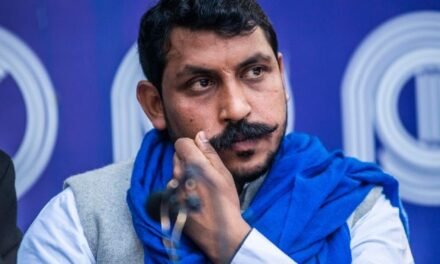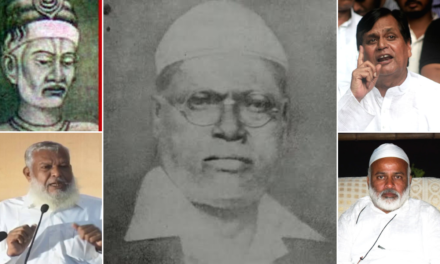~Adnan Qamar
As is widely known, Varna and Jati served as the foundation for traditional Indian society. Despite a lengthy history and several changes over the years, caste is still a widely accepted institution in our political, religious, and socio-economic systems. India’s Muslim community is far from homogenous. Within it exists a significant segment known as the Pasmandas, who face a unique set of social and economic challenges. Understanding the Pasmanda cause and its relevance in today’s India is crucial for achieving genuine socio-religious equality.
Muslims in India have been part of the subcontinent’s history for over a thousand years. Historical records make it abundantly evident that the majority of Muslims in India are converts from pre-existing communities. The remaining Muslim groups, who have origins in Central Asia, arrived here centuries ago and have now assimilated into the subcontinent’s society.
Although converting to Islam offers one access to a new religious community and belief system, it is unable to alter one’s caste. Conversion cannot alter a person’s occupation, their possessions or lack thereof, their neighbours’ perception of them, or their social hierarchy. People who convert to Islam receive a new religious scripture and see a shift in the God they previously worshipped. People may find moral comfort in this. However, just as changing your religion or Bible won’t change the colour of your skin, it also can’t change a person’s caste-based vocation, skills, inheritance, networks, or health.
One of the most insidious tactics against Pasmanda’s is the communalization of the Pasmanda struggle. By invoking communal sentiments, attention is diverted away from the real issues of caste-based discrimination and socioeconomic deprivation faced by Pasmanda Muslims. This not only undermines the genuine grievances of the marginalized community but also perpetuates divisions within the Muslim community itself.

Studies and reports, including the Sachar Committee Report (2006) and the Ranganath Mishra Commission Report (2007), have highlighted the socio-economic disparities faced by the Pasmanda Muslims. These reports reveal that the Pasmanda community lags behind in education, employment, and access to basic amenities compared to both the upper-caste Muslims (Ashraf) and other marginalized communities like Dalits and OBCs among Hindus. Despite these findings, there has been a lack of targeted policies addressing their specific needs.
Despite constituting the majority, Pasmandas have historically lacked significant political representation. This absence of a strong voice has further hampered efforts to address their specific needs and secure their rightful share of resources. Additionally, the Pasmanda narrative often gets subsumed within the broader “Muslim” identity, obscuring their distinct experiences and aspirations. The marginalization of the Pasmandas has wider implications for India’s social fabric and democratic ideals. Their upliftment is essential for achieving genuine social justice in India.

A large section of the Muslim community remains trapped in poverty and exclusion, hindering the nation’s overall progress. Studies have shown a correlation between socio-economic deprivation and radicalization. Empowering the Pasmandas can help counter extremist narratives that exploit grievances. A more inclusive Muslim community strengthens India’s secular identity. When a significant segment feels marginalized based on their caste background within their religion, it weakens the secular principle of equal treatment for all.
The Pasmanda cause is not just about uplifting a specific community; it’s about realizing the true potential of India’s diverse society. By empowering this marginalized section, India can create a more inclusive and equitable nation. The path forward requires a collective effort from the government, civil society organizations, and the Muslim community itself. Recognizing the Pasmanda cause and working towards its resolution is not just a moral imperative but also a vital step towards building a stronger and more prosperous India.
Adnan Qamar is the President of All India Pasmanda Muslim Mahaz, Telangana. He tweets under @TheAdnanQamar.





